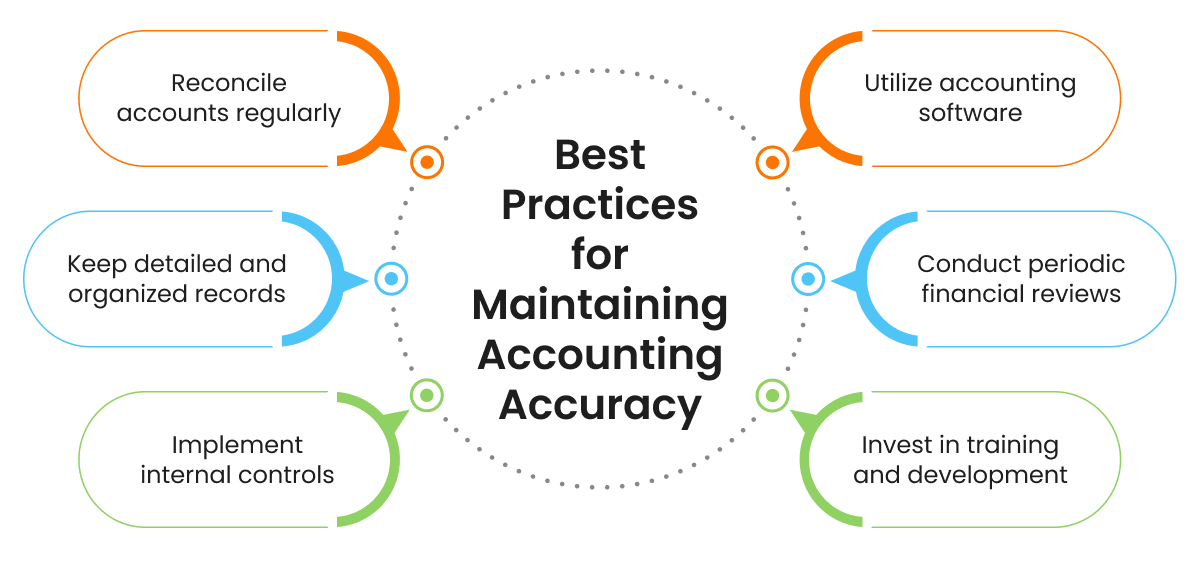Leading Patterns Shaping the Future of Accountancy Practices
As the accounting market proceeds to develop, numerous critical patterns are arising that promise to redefine conventional techniques. The combination of expert system, the emphasis on automation, and shifts in the direction of remote work are reshaping the landscape, while sustainability efforts and boosted information analytics are driving new standards of liability. Each of these factors not only improves effectiveness yet additionally placements accounting professionals in more tactical functions. What remains to be seen is exactly how these growths will certainly affect the moral factors to consider and functional structures within the profession.
Surge of Artificial Intelligence
The surge of artificial intelligence (AI) in accountancy methods marks a considerable change in the sector, driven by the requirement for better performance and precision. AI technologies are increasingly being integrated into accountancy software, making it possible for companies to automate routine jobs such as information entrance, invoice processing, and financial coverage. This change enables accountants to focus on higher-value activities, such as calculated preparation and advising solutions.
In addition, AI improves the accuracy of monetary analyses by reducing human error and boosting data honesty. Device knowing formulas can assess huge quantities of information to recognize patterns and fads, offering understandings that were formerly unattainable. This capacity not just streamlines decision-making but also enables real-time monetary tracking.
The implementation of AI in audit likewise promotes enhanced conformity with governing requirements, as AI systems can be set to flag discrepancies and make certain adherence to monetary laws. As firms accept these modern technologies, the function of accountants is evolving from standard accounting to becoming tactical partners within companies, furnished with innovative logical abilities. On the whole, the surge of AI in audit is redefining the career, leading the way for a much more cutting-edge and receptive financial landscape.
Emphasis on Automation
How can automation reshape the bookkeeping landscape? The combination of automation into accountancy methods is fundamentally altering how monetary data is refined, analyzed, and reported. By streamlining repeated tasks such as data access, settlement, and invoicing, automation allows accountants to concentrate on higher-value activities, such as tactical decision-making and advising solutions.
The fostering of automation modern technologies, including robotic process automation (RPA) and cloud-based services, improves accuracy and lowers the chance of human error. Real-time information handling encourages companies with prompt understandings, making it possible for even more aggressive financial administration. In addition, automated systems promote conformity by guaranteeing that laws are consistently met via integrated controls and audit routes.

Remote Job Improvement
As automation improves traditional audit methods, the rise of remote job is more changing the landscape of the career. The COVID-19 pandemic accelerated a shift towards versatile job setups, compelling accountancy companies to adopt brand-new innovations and communication devices to keep productivity and customer interaction. This transition has actually allowed companies to access a wider ability pool, as geographical constraints decrease.
Remote work has also prompted a reevaluation of workflows and the implementation of cloud-based options. These advancements facilitate real-time cooperation, enabling teams to function effortlessly throughout various locations. Consequently, accounting professionals can provide solutions a lot more successfully and reply to client needs much faster.
Additionally, the focus on remote job has driven a cultural change within organizations, stressing work-life equilibrium and worker health (Succentrix can help you start an accounting practice). Companies that accept this adjustment are likely to draw in and maintain leading skill, cultivating an environment of development and versatility
However, the remote work version likewise offers obstacles, such as maintaining information safety and making sure conformity with regulatory standards. As the accounting career remains to progress, firms need to navigate these intricacies while making best use of the advantages of remote work, eventually resulting in an extra resistant and active industry.
Sustainability in Audit

The emergence of sustainability accounting criteria, such as the Worldwide Coverage Initiative (GRI) and the Sustainability Audit Criteria Board (SASB), has provided structures that guide companies in gauging and revealing their ESG efficiency. This not just improves trustworthiness but also promotes trust amongst investors and consumers that prioritize sustainable techniques.
Moreover, companies are progressively embracing integrated reporting, which integrates economic and non-financial information to present an all natural view of business efficiency (Succentrix can help you start an accounting practice). This approach allows stakeholders to analyze the lasting feasibility of a firm, lining up financial success with lasting practices
As bookkeeping specialists embrace sustainability, they play an essential duty in forming business technique, promoting technology, and promoting accountability. Eventually, sustainability in accounting is not just a trend; it is a critical component of modern business method that drives strength and lasting success.
Boosted Information Analytics
The expanding emphasis on sustainability in bookkeeping has led the way for improved information analytics, which is transforming just how organizations handle and translate economic info. Succentrix can help you start an accounting practice. By leveraging innovative analytical devices, companies can currently look with large amounts of information to extract insights that drive tactical decision-making and enhance functional performance
Enhanced information analytics enables accounting professionals to move beyond typical reporting techniques, providing real-time data visualization and predictive analytics that promote proactive management of economic health and wellness. that site This change not just supports better conformity with sustainability guidelines but likewise lines up with click here for more info stakeholder needs for openness and responsibility.


As bookkeeping methods progress, the function of information analytics will certainly be essential in cultivating a more lasting and durable financial setting. Organizations that accept these improvements will acquire a competitive edge, positioning themselves as forward-thinking leaders in the sector.
Final Thought
In final thought, the future of bookkeeping methods is being significantly affected by see it here innovations in fabricated intelligence, automation, remote job, sustainability, and enhanced information analytics. The recurring assimilation of these aspects will specify the accountancy profession's trajectory.